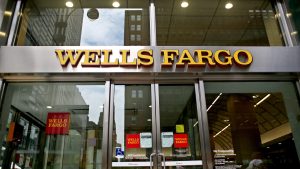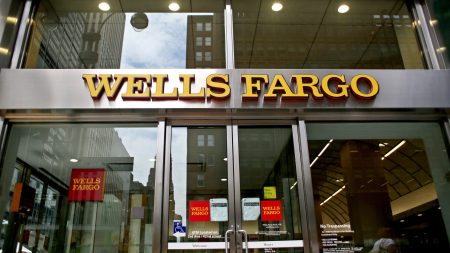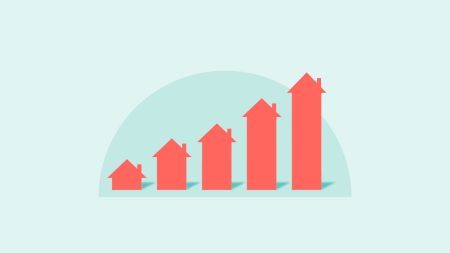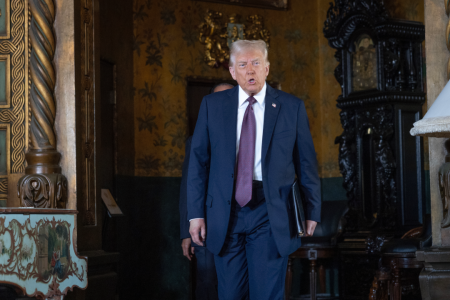Key takeaways
- Paying off your mortgage means that you have 100% equity in your home and no longer have to make monthly loan payments to your lender.
- Once your loan is paid off, you’ll have to pay your home insurance premiums and property taxes out of pocket, instead of through an escrow account.
- Paying off a mortgage early has pros and cons, so consider your other financial goals before making the decision.
Paying off your mortgage is a major milestone: You own your home free and clear.
So now what?
It’s a moment to celebrate, but it’s also one that comes with certain specific steps, like ensuring you have proof that you’re the full legal owner of the property. And also that the homeowners insurance and property taxes continue to get paid.
Let’s look at what happens when you pay off your mortgage and what you should do afterward.
What happens when you pay off your mortgage?
Here are a few things you’ll need to do once you’ve paid off your mortgage.
Collect documents from your servicer
When you pay off your mortgage, your lender or your loan servicer will likely send you paperwork, confirming that you’ve fulfilled your final payment toward the loan and formally releasing your mortgage obligation. Here are some of the documents you might receive once you’ve paid off your loan:
- A canceled promissory note: This is one of the many documents you would have signed at closing, promising to pay back the amount of your mortgage. The canceled note, issued by your mortgage lender, indicates your fulfillment of that promise.
- A loan payoff letter: This document will show (down to the penny) what you need to pay off the remainder of your mortgage, plus any owed interest or fees. If you have paid everything off, it will verify that as well.
- A deed of reconveyance: This is a lien release confirming that your mortgage company no longer has a legal interest in your property.
- Escrow funds: If there is any money left in your escrow account once your mortgage is fully paid, your lender should send you a check or direct deposit for those funds.
- Property deed: This document proves that you are the sole property owner.
- A certificate of satisfaction: Your local recorder or county clerk issues this document showing that you’ve paid off the loan on your property.
Once you have them, keep the documents in a secure place, like a safe or a safe deposit box.
Update your homeowners insurance
Once your mortgage is paid off, you’ll need to update your homeowners insurance policy. You should remove your mortgage company from your policy by eliminating the mortgagee clause, which entitles them to reimbursement if the home is damaged or destroyed.
After your loan is closed, your mortgage servicer will also close your escrow account and return any remaining funds to you. Legally, the servicer must issue your escrow refund within 20 days of closing the account. You will then be responsible for paying your home insurance premiums on your own.
Although you’re no longer required to maintain homeowners insurance once your mortgage is paid off, it’s still recommended.
Pay your own property taxes
You will need to make arrangements to receive bills for your local property taxes directly, since your mortgage company will no longer be paying these out of your escrow account.
Depending on where you live, you might receive a single, annual property tax bill from your city, town or county, or you could have multiple bills from various entities like school districts, fire departments and sewer and water districts. The clerk’s office at your town or city hall can assist you in identifying all the relevant taxing authorities.
Get in touch with your accountant
After paying off your mortgage, you should notify your accountant. You’ll no longer have mortgage interest to deduct on your tax return, which could potentially increase your tax liability.
However, paying off your mortgage might also free up cash that you can use for other purposes. Your accountant or a financial advisor can suggest ways to leverage the money you’re saving. You might use the extra funds to:
Keep an eye on your credit score
Paying your mortgage in full usually does not have a significant impact on your credit score. But once the mortgage is removed from your credit history, your score may drop slightly because of a reduced credit mix — that is, you no longer have as large a variety of types of debt. Because the age of your accounts also matters, and you’ve likely been paying off your mortgage for quite awhile, that may also ding your credit a bit.
On the other hand, the lower your mortgage balance, the lower your credit utilization. So paying off your mortgage can also have a positive impact on your credit. And you may be able to increase your existing credit lines if you inform your credit card companies that you’re no longer paying on your mortgage.
Typically, it takes between 30 and 60 days for your lender to report a closed account to the three credit bureaus—Equifax, Experian, and Transunion. That means you might not see your credit score change right away after making the final payment.
After paying off your mortgage, it’s important to monitor your credit report until you see the account marked as closed. If, after a few months, the account still shows as open with all three credit agencies, contact your lender and ask them to notify the bureaus.
How to pay off your mortgage faster
If you want to pay off your mortgage faster, you have two main options:
- Prepaying the principal: This involves paying more towards the principal amount of your loan, reducing the total interest paid over the life of the loan, and accelerating the pace at which your balance declines. You can either make a lump sum payment; make smaller biweekly payments, which adds up to one extra payment per year; or just increase each monthly payment (making sure the extra goes to the mortgage principal).
- Refinancing: Instead of prepaying, you can refinance your loan, trading in your old mortgage for a newer one. Refinancing can help you pay off your mortgage more quickly if you shorten the loan term — if your new mortgage is 15 years, instead of 30 years like the original one, say. This strategy does increase the size of each payment, though, unless you also score a lower interest rate on the new loan.
Should you pay off your mortgage early?
Some borrowers prefer to pay off their mortgage early to save on interest and free up cash each month. However, this isn’t always the best choice, even if you have the funds.
When you pay off a mortgage early, you no longer have access to liquid assets that could be leveraged elsewhere.
According to Greg McBride, CFA , and chief financial analyst for Bankrate, “There are a lot of other things you can do with the money rather than tie it up in an illiquid asset like a home where you can’t get to it when you need it. [For example, you can] pay off other higher cost debt such as credit cards or personal loans, increase your retirement savings by putting more into your workplace 401(k) or contributing to an IRA, boost emergency savings, invest for other financial goals like children’s education or invest through a brokerage account.”
You should also consider the state of the economy before deciding to prepay your mortgage. Experts generally advise against paying off a mortgage before a recession because you’ll use cash that might be more valuable in an emergency fund.
And paying off your mortgage early might not be the best use of cash if you have an excellent interest rate — and higher rates on other debt. “Prepaying your mortgage is a comparatively low financial priority, especially if you have one of those ultra-low, sub-4 or 5 percent rates,” says McBride.
Where prepaying a mortgage has a bigger impact is if you have a modest remaining balance and paying off the loan will suddenly eliminate your biggest monthly payment. But only do this if you’ve covered other bases such as paying off high-cost debt, fully funding emergency savings and maxing out your retirement contributions.
— Greg McBride, CFA , chief financial analyst for Bankrate
However, if your other financial priorities are in good shape, paying off your mortgage early can make sense. And whether you pay off early or not, once you no longer have a mortgage payment, you can use that cash for other purposes, like saving and investing. You’ll also have the security of knowing your home is fully paid for, even if your financial circumstances change.
Frequently asked questions
Additional reporting by Erik Martin
Read the full article here












